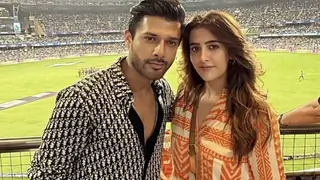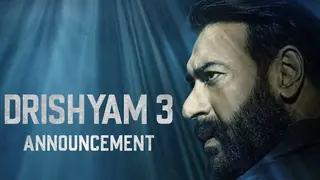Empathy, the power to understand and experience others emotions and pain. It is the feeling of kinship that one shows to those that we care and love and sometimes even to strangers and fictional characters.
Sometimes, this is what permeates into the fictional world too, be it a book, a television show, or film, or for that matter any literary work. Remember "Great Expectations," anyone who did not feel for Pip in that book must not've read that book in all it's essence. There are some characters that stay with you, feel their pain or make you fall in love with them or for that matter make you a companion or co-traveller on their journey. This is the power dynamic that goes with a realistic character or overblown character whose trials and tribulations one gets to live through.
While this is one side of the coin, the other side of it is that, a character has to have empathy for us to connect with that character. And the same applies to individuals in real life too. A person who is excessively cruel or unusually lacking in sensitivity to others pain and one who is carried away by one's own zeal or righteousness or ambition that they forget simple emotions and fail to understand simple human dynamics does not move our hearts and fails to create a place or retain a place in our heart.
In the schematics of "Ek Boond Ishq" (just a drop of love) the television show, Tara in her excessive obsession towards her so-called righteousness is failing to understand the emotions or the pain of her own elder sister Nandini and is lacking in empathy when it comes to her own sibling, while trying to do justice to her co-sister Meethi, she is doing a grave injustice to crime against Nandini of her being cheated. A person like Tara who supposedly fights to undo the injustices done by others somehow seems to fall into a grey area when it comes to her own sibling who has been cheated. This flaw in characterization is something that is markedly evident in the episode shown last evening where she is caught up in her zeal but fails to recognize Nandini's pain or passion for revenge.
The Devi or Mahashakti is not just about UGRA or RAUDRA roopa where she is out to do justice but is also KARUNA or EMPATHY and COMPASSION. When one borrows something from mythology, even characterization, we hope they would justice to that original depiction rather than just show a one-dimensional character.
The Classic Anti-Heroine
Nandini is the classic anti-heroine, who due to her own vengeful attitude is now trapped in a marriage of convenience with the transgendered Rudra Pratap, without a future or any sign of marital bliss. The choices one makes in anger to vindicate themselves sometimes become bottlenecks for our own growth.
Two Sisters, One Tale
When Tara felt wronged by Mrityunjay, she resorted to violence and destruction to take her vengeance, her wrath had no limits. Similarly, Nandini has now resorted to a duplicitous marriage to settle scores for being wronged, her wrath and vengeful nature had taken her down a (self-destructive) path of no return. Both the sisters choose to teach those who have wronged them or who they feel have wronged them a lesson they could not forget. Means may be different but ends they chose or cause clbre is the same.









































